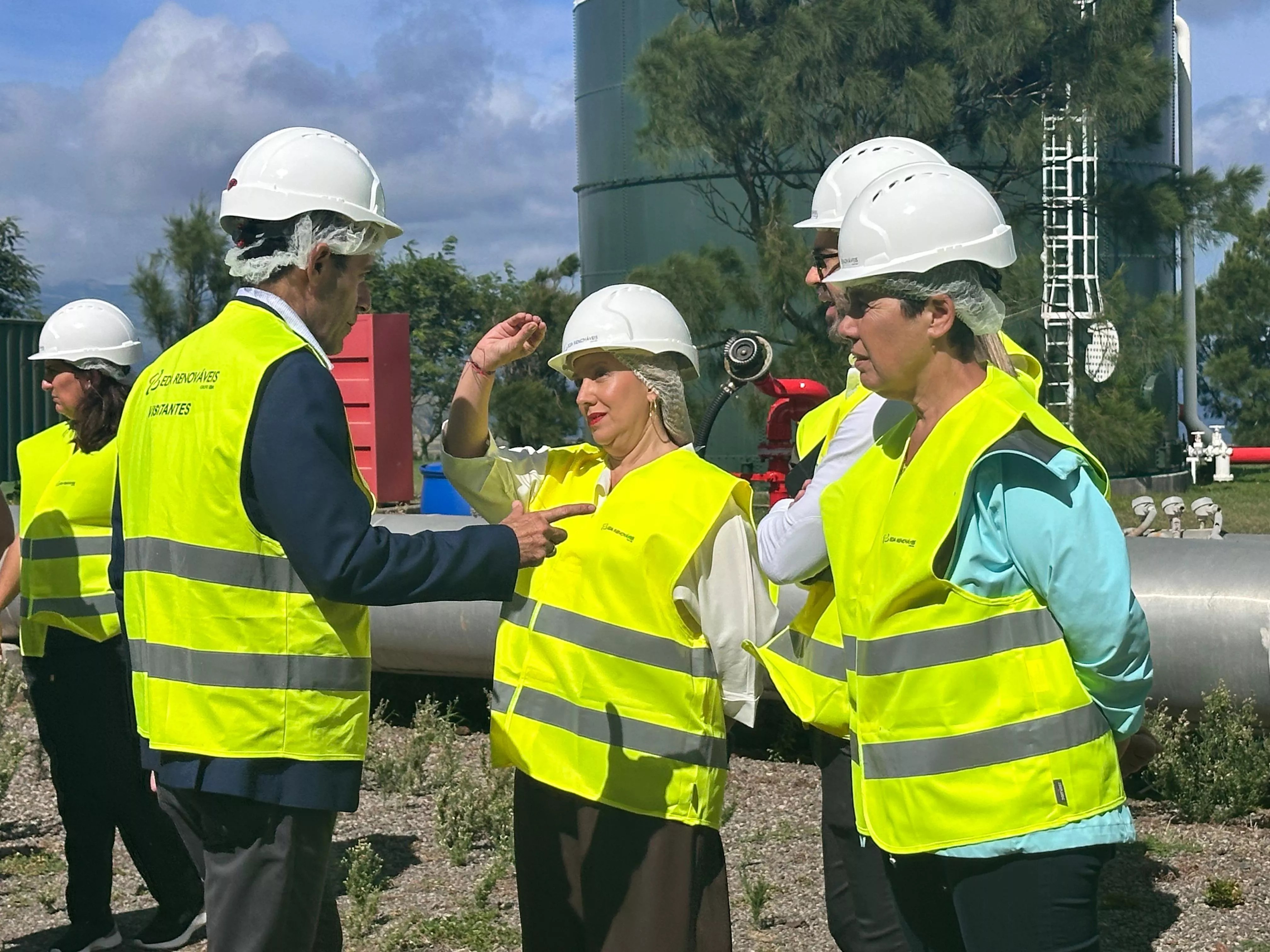Organisation and communication are the key ingredients for the Talg family, proprietors of the Tigaiga hotel in Puerto de la Cruz, to remain a prominent figure in Tenerife’s tourism sector.
This family-run establishment has been in operation for three generations, successfully navigating the current challenges facing the industry while adhering to the original values established by Enrique Talg Schulz, a German national who chose to make Tenerife his home.
He managed significant establishments such as the former Martiánez hotel (now known as the Picasso Building) and the Taoro Hotel. Upon the latter’s closure, the compensation received included cutlery, which is still preserved and used in the Tinguaro restaurant, along with bed linens and land, leading to the decision to utilise these resources to create their own hotel.
The construction commenced in 1959 but ceased in 1962, preventing him from witnessing its completion. The project was subsequently carried on by his son, Enrique Talg Wyss, a pioneer in Canarian tourism who also initiated significant projects like the Paseo de la Costa, while consistently advocating for landscape conservation and environmental care. These principles are still upheld in the facilities now managed by his children Enrique and Irene, and until last year, also Ursula.
Enrique Talg completed the building in several stages, starting with the southern wing. He later expanded the hotel, and since the 1970s, it has maintained a consistent number of rooms—80—each of which is refurbished annually.
All three siblings were born “with a natural inclination for the hospitality business,” as Enrique humorously puts it. Each sibling pursued their education and training in hospitality in distinct countries, focusing on various fields such as management, administration, and economics. Úrsula studied in Switzerland, Irene in England, and he in Germany.
This independence has been beneficial to their business. Each sibling has their strengths and corresponding responsibilities, whilst always respecting each other’s work and decisions during collaborative projects.
In 2016, they faced their first major challenge: the acquisition of the Tigaiga Suites, a nearby apartment complex. The next hurdle emerged just four years later with the onset of COVID-19.
Not only did they endure, but the pandemic broadened their client demographic, opening up a variety of nationalities and preferences. “Previously, the priority was hot water, but now it’s wifi,” Enrique remarks.
Initially, in Puerto de la Cruz, hotels were predominantly family-operated. The competitive landscape was different, with no large hotel chains and communication not as instantaneous. It could take up to a week to confirm a reservation. In contrast, now everything is conducted online, “and if the response isn’t immediate, potential guests turn to other options—speed is essential,” he stresses. He recalls how his father used to gather postal bookings in his office until the mailman came to collect them. Telex was introduced next, and their hotel was the first to have such a communication device, which he fondly remembers as a revolutionary moment.
The Tigaiga evolves with the times, yet being a family enterprise compels them to continually “improve” to stay viable in the market.
This ongoing challenge, alongside the commitment to uphold a service-oriented ethos, ensures “client satisfaction, staff contentment, and a pleasant atmosphere. It’s like fitting various pieces of a Tetris game together each day,” he explains.
A distinct advantage lies in the fact that the owner and the hotel director are the same individuals, sharing responsibilities between him and his sister Irene. “If we wish to implement changes, we aren’t reliant on anyone. The challenge is to achieve economic success that aligns with the clients’ expectations.”
Unlike many families in the Canary Islands with a hotel legacy, the Talg brothers have never considered selling the hotel to a large corporation. Currently, their goal is to sustain the family business and preserve its rich history.
















